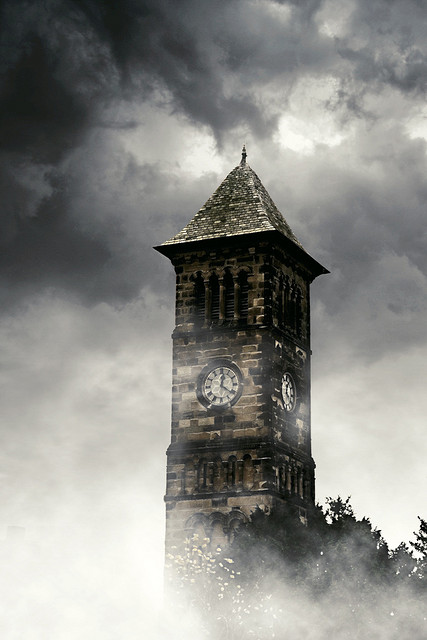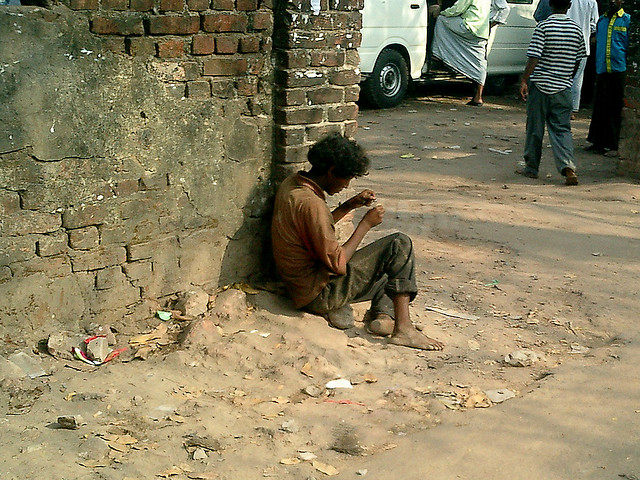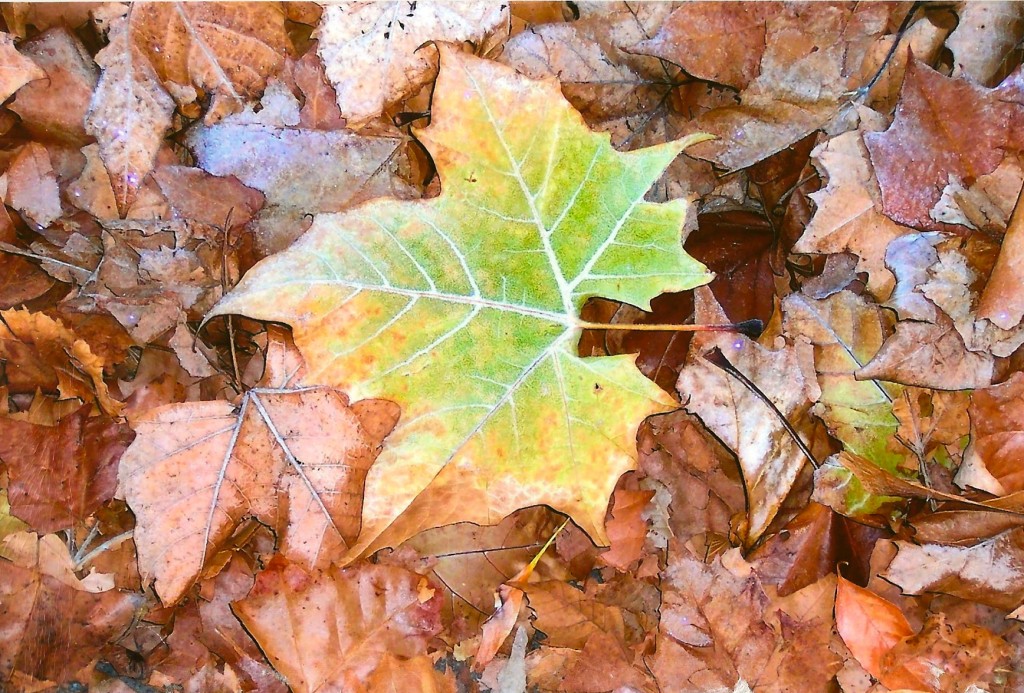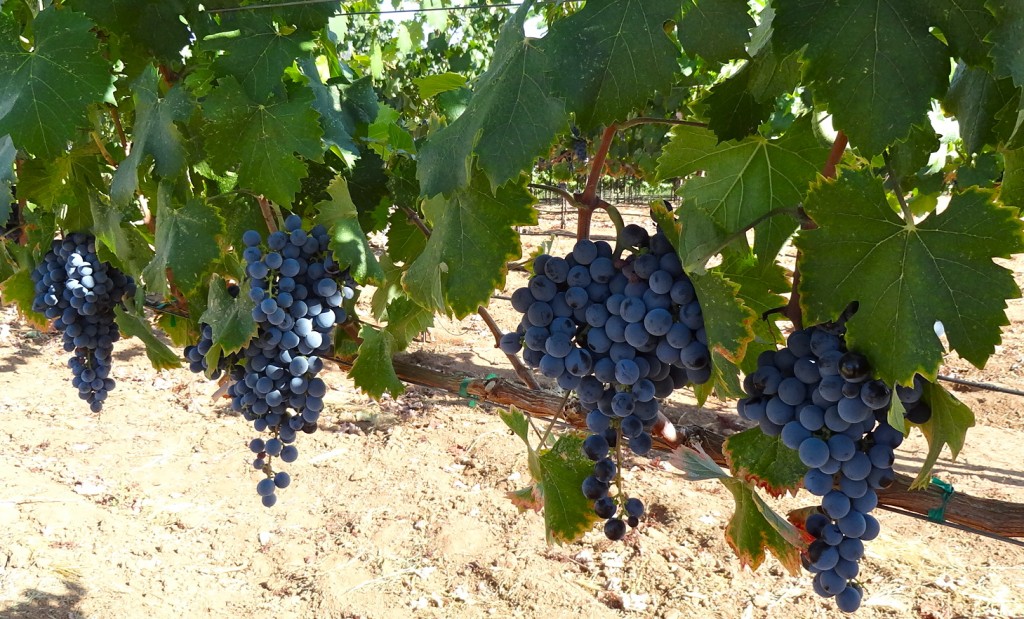I have seen enough of God’s wily ways with the Powers to stake my life on the side of hope.
 There’s more to life than meets the eye.
There’s more to life than meets the eye.
You know this in moments when what looks like a mole-hill packs a mountain-size wallop.
When the tug of a ripple pulls you under, you wonder.
Or when, to your surprise, a life-time of darkness clears because of some small, obvious kindness.
There’s something behind it that cannot be seen–forces bigger and hidden, that your five senses can’t name.
The Bible points to the spiritual in every person, but behind institutions and structures as well–unseen powers that have the capacity to respond to God, or choose their own way.
To ignore this fact is to beat our foreheads bloody on the brick wall of entrenched evil.
It means we will fall prey to a simplistic belief that if only that one person were not in office, if only that one family member would change, if only those kind of people didn’t exist, all would be well. It means we will appoint scapegoats, we will notice evil everywhere but in ourselves.
Let’s be honest: our foreheads take a battering more often than not.
“For our struggle is not against enemies of flesh and blood, but against the rulers, against the authorities, against the cosmic powers of this present darkness, against the spiritual forces of evil in the heavenly places,” the apostle Paul reminds us.
The Powers That Be
I recommend Walter Wink’s book, The Powers That Be to anyone who will listen. One of the 15 Books That Found Me, Wink opened my eyes to “the spiritual reality at the heart of everything.” Human systems, created by God to serve his purposes (Romans 13), can be bent, putting their own interests above God’s (Daniel 10, Revelation 3).
Wink puts it this way:
- The powers are good
- The powers are fallen
- The powers must be redeemed.
Think about the systems to which you belong. Your country, community, workplace, school, family, place of worship. To whom do they ultimately answer (Colossians 1:16-17)? To whom do they presently bow? How will they be redeemed?
Hint: It begins with you.
Have you been tempted to embrace easy answers to the problems of our day? Who are your favorite scapegoats?
Next Time: Part 2: Exposing The Myth
Image Credit








